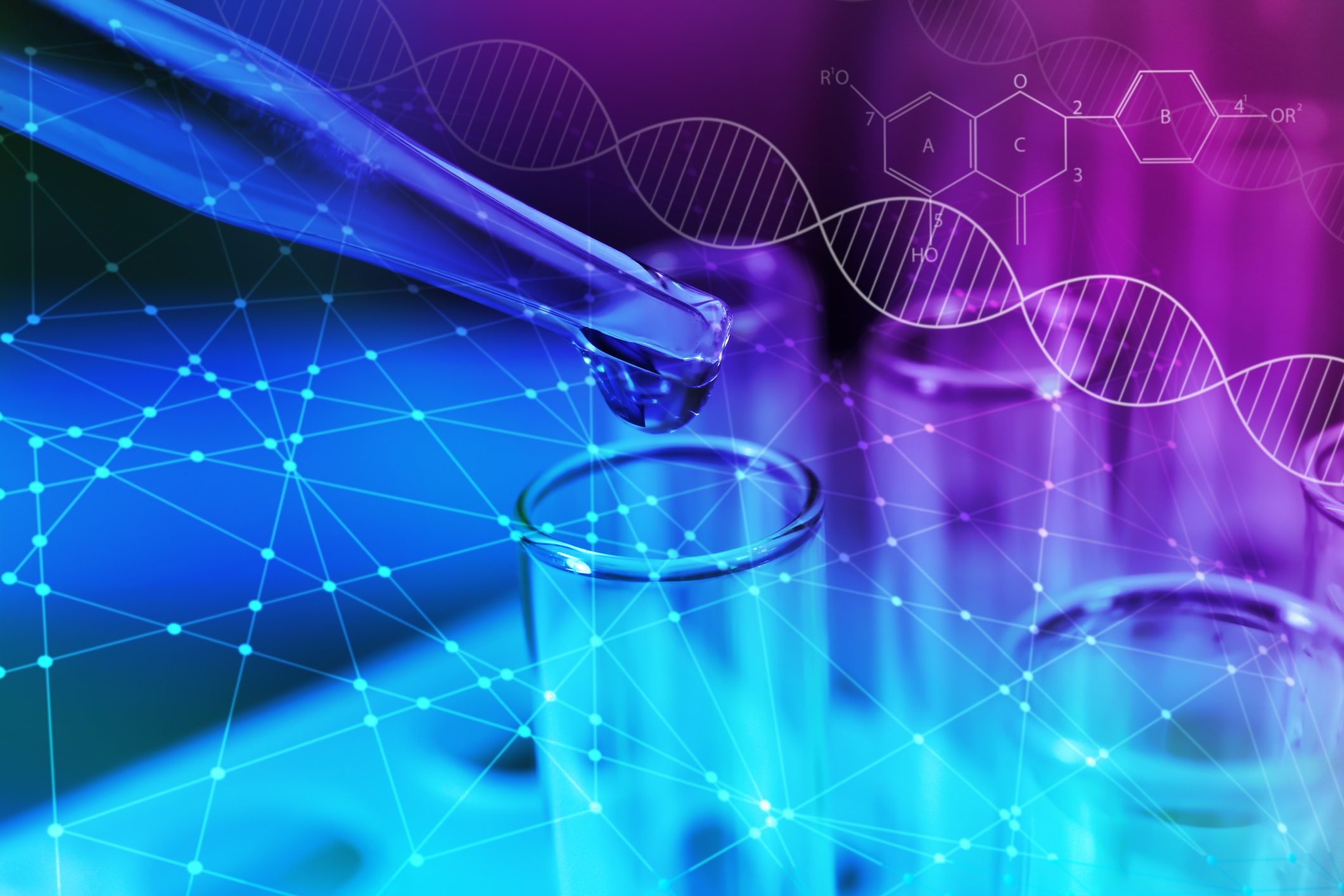Purified Water In Clinical Diagnostic Testing
31 Ene 2020

Detecting Cancer with a Drop of Pure Water
Did you know that we can now detect cancer using a drop of pure water? And that water quality can influence the development of novel medicines?
We at ELGA LabWater have been amazed to discover just how important pure water is in clinical diagnostics. It is not only playing an increasingly crucial role in the development of innovative clinical diagnostic tests, but it is also helping to advance the emerging field of precision medicine. Below we look at how harnessing the power of pure water in clinical diagnostics has the potential to transform patient health.
How is Purified Water Helping to Enhance Clinical Diagnostics?
As laboratory water purification experts, here at ELGA LabWater, we are excited by the increasing number of innovative clinical diagnostic technologies that are harnessing the properties of purified water. For example, pure water is a critical aspect of a novel interoperative technology for cancer surgery, called the MasSpec Pen. (1)
Innovative Clinical Diagnostic Testing Technologies
This recently developed handheld, disposable ionization device releases a discrete droplet of pure water onto suspected cancer tissue. The molecular content of the water droplet is then analyzed by a connected mass spectrometer to determine if the biomolecular profile matches that of cancerous tissue.
Most significantly, the results are generated within just ten seconds, allowing surgeons to identify accurately the tumor’s boundaries in real-time; that is, which is the cancerous tissue to remove and which is the healthy tissue to leave behind. This improves on previous methods that are time-consuming and labor-intensive (e.g. imaging, cryo-preservation, and microscopic analysis), helping to improve the outcome for patients by reducing the time they spend on the operating table and minimizing the need for follow-up procedures.
A Drop of Pure Water is Critical in Clinical Diagnostics
The water droplet that extracts the tissue’s molecular content must use purified water for a number of reasons. First, using pure water avoids the risk of impurities interfering with the molecular profiling of the cancerous tissue. In fact, the research team who developed this mass spec-based device found that using pure water generated much clearer molecular profiles of the tissue compared to previously tested substances (ethanol and ethanol-water mixes). (2)
Second, pure water enables the chemical extraction of low molecular weight compounds, such as metabolites and lipids, from the tissue. Finally, pure water is bio-compatible with humans, so this device is well-suited to in vivo analysis as it doesn’t harm the tissue, unlike other ambient ionization techniques that damage or destroy the target tissue.
ELGA LabWater’s Role in Precision Clinical Diagnostics
Precision medicine is an emerging field that is transforming healthcare and drug development and relies on clinical diagnostic tests, of which water purification systems are an integral part. For example, biomarkers associated with diseases in patients are now being increasingly monitored by drug developers to predict which patients will respond favorably to treatments, speeding up clinical trials and making new drugs more rapidly available to patients at a reduced cost.
Such patient biomarker profiling typically relies on diagnostic techniques, such as liquid chromatography-mass spectrometry (LC-MS), but the quality of the data generated by these tests is dependent on the water quality used. That's because poor quality water can contain impurities, including organics, ions, bacteria, or particulates that can reduce the accuracy of the data generated by mass spectrometry and liquid chromatography, such as loss of resolution, ghost peaks, and shifts in retention times.
Therefore, high-grade ultrapure water supplied by water purification systems, such as ELGA LabWater’s PURELAB® range (3), can ensure the reliability of biomarker profiles, helping to increase success rates of clinical trials and enable patients to receive potentially life-changing treatments.
Home Diagnostic Testing – Help or a Hindrance?
The emergence of precision medicine has accompanied the development of a booming home diagnostic testing kit market, comprising self-screening kits for a huge variety of conditions ranging from infertility to HIV. Experts are in two minds about these DIY diagnostic tests – they could mark a new medical era or just be a risk to our health. (4)
On the one hand, they have the potential to deliver affordable diagnostic kits to people with little or no access to medical care in the developing world; but on the other hand, removing diagnostic tests from the professional clinical laboratory risks misleading and unreliable results. As such, the current regulatory advice is to ensure that home diagnostic kits are always supplemented by controlled tests in a clinical laboratory, where state-of-the-art analytical technologies and clinical-grade ultrapure water can ultimately ensure patient health isn’t compromised.
With such remarkable initiatives and innovations being developed in clinical diagnostics, it is clear to us at ELGA LabWater that this is an incredibly exciting time for the application of purified laboratory water as a biomedical tool.
References
[1] https://eberlin.cm.utexas.edu/masspec-pen
[2] https://www.360dx.com/molecular-diagnostics/ut-team-develops-mass-spec-based-device-guiding-cancer-surgery
[3] https://www.elgalabwater.com/products/purelab
[4] https://www.elgalabwater.com/blog/home-diagnostic-testing-kits-new-medical-era-or-risk-our-health
